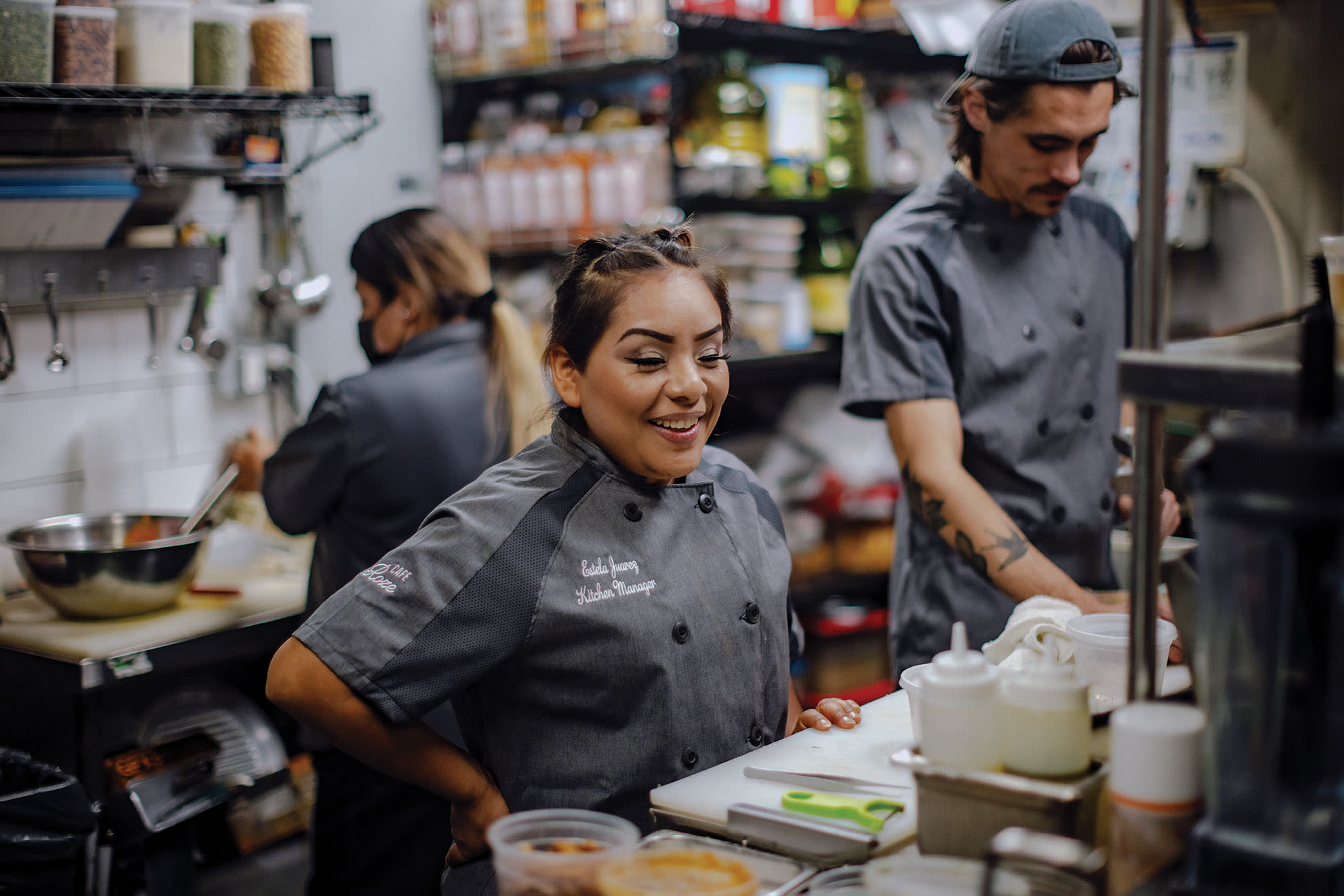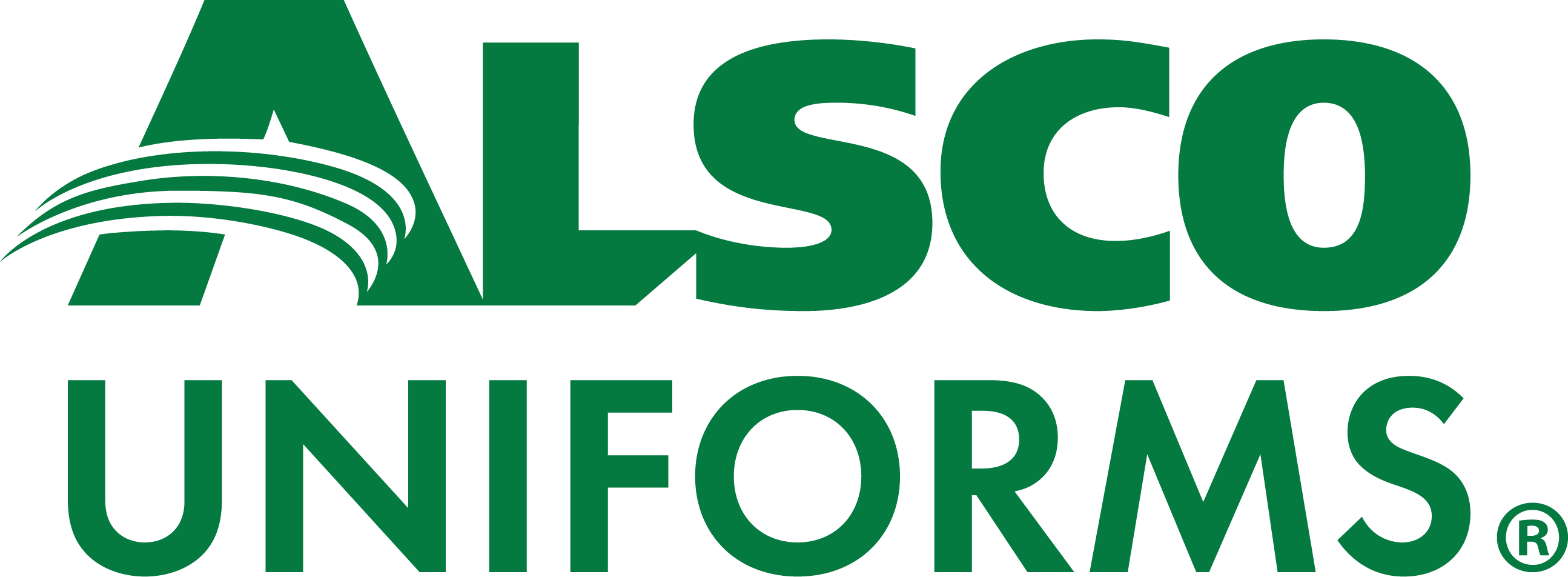
Meeting the safety standards in a commercial kitchen is essential for the protection of your customers and employees. However, doing so can be a somewhat complicated process at times. Fortunately, experts have been able to offer their advice on how to comply with industry standards in a thorough and manageable way.
The Importance of Meeting Safety Standards in Commercial Kitchens
Meeting the safety standards in the commercial food industry is vital for several reasons, such as these:
Promoting safety: Meeting safety standards is important for ensuring your kitchen is safe and meets industry benchmarks for cleanliness and sanitation. Meeting industry standards also ensures you are doing everything necessary to prevent the spread of foodborne illnesses.
Promoting quality: Ensuring your commercial kitchen meets all safety standards is an excellent indication that quality is an important value within the business and that the company is committed to delivering a high-quality product to customers.
Protecting your business from litigation: It also warrants mention that ensuring your commercial kitchen meets industry standards can help you maintain compliance and avoid any fines and other costs associated with legal issues, such as a lawsuit or a violation of an industry standard for cleanliness and hygiene.
Shielding equipment: I standards for safety generally indicates that you are properly cleaning and maintaining your equipment, which can help protect it from damage. This can increase the duration for which it is functional at a commercial level.
Providing an overall positive image: Consistently meeting industry standards for safety can have a positive impact on company image. Customers are more likely to purchase products that are known to be hygienic and clean than those that consistently fail to meet standards and regulations.
Tips for Meeting Standards in a Commercial Kitchen
The following are eight tips that can help you and your employees adhere to safety standards in your commercial kitchen:
Ensure staff are trained and knowledgeable of relevant guidelines. Regularly going over the guidelines with staff and all new employees are trained on important safety issues, such as handling food properly and using appropriate equipment and clothing.
Always maintain a high level of cleanliness and sanitation. Going above and beyond industry standards in terms of cleanliness and sanitation, you will never have to worry about whether you are meeting guidelines and/or potentially negatively affecting your customers.
Use a labeling and dating system for all food products. Labeling and dates on all perishable food, as well as expiration dates, so employees know when a product is no longer usable. Make sure all employees are trained in the use of the same system to limit any confusion that may be caused by different forms of labeling or dating.
Always monitor the temperature. Prolonged periods of exposure to heat can damage some food products. You can use a sensor that will alert you of any significant change in temperature, so you are always aware of whether any of your food products have been compromised.
Use appropriate protective equipment when cleaning and performing any duty. Ensure that you use only industry-approved equipment. Maintain guidelines within your kitchen, so all employees wear protective personal equipment, such as gloves and masks, on a regular basis.
Prevent cross-contamination. This occurs when pathogens on one surface or product come into contact with another. Always store cooked items in separate containers than raw ones to prevent this from occurring. Store all utensils and foods separately and in appropriate containers.
Have guidelines for fire safety. Fires in restaurants are common. Having guidelines in place for fire prevention and actions to take if a fire does occur is critical to protect the safety of your employees. These guidelines can also ensure you comply with industry standards for safety in commercial kitchens.
Stock appropriate medical equipment. A first aid kit and an eye wash station are examples of medical and safety equipment that can help you respond quickly if an emergency or accident occurs. Keep these tools accessible so they can be used while you are waiting for emergency services to arrive. It is also a good idea to ensure all employees are trained in the use of a first aid kit as well as other basic emergency medical procedures like CPR.
Let Alsco Uniforms Help
Alsco Uniforms can ensure your commercial kitchen is stocked with all the cleaning supplies needed to meet industry standards for safety and cleanliness. We can also ensure your kitchen is stocked with anti-fatigue mats, industrial towels and other supplies and we can outfit your employees in hygienically clean uniforms. Contact us today to learn more about our services.
References
Commercial Kitchen Food Safety. (April 2021). Food Microbiology Academy.
Essential Safety Practices for Commercial Kitchens. (2023). Australian Institute of Food Safety.
Safety in the Kitchen. (2023). Queensland Health.
